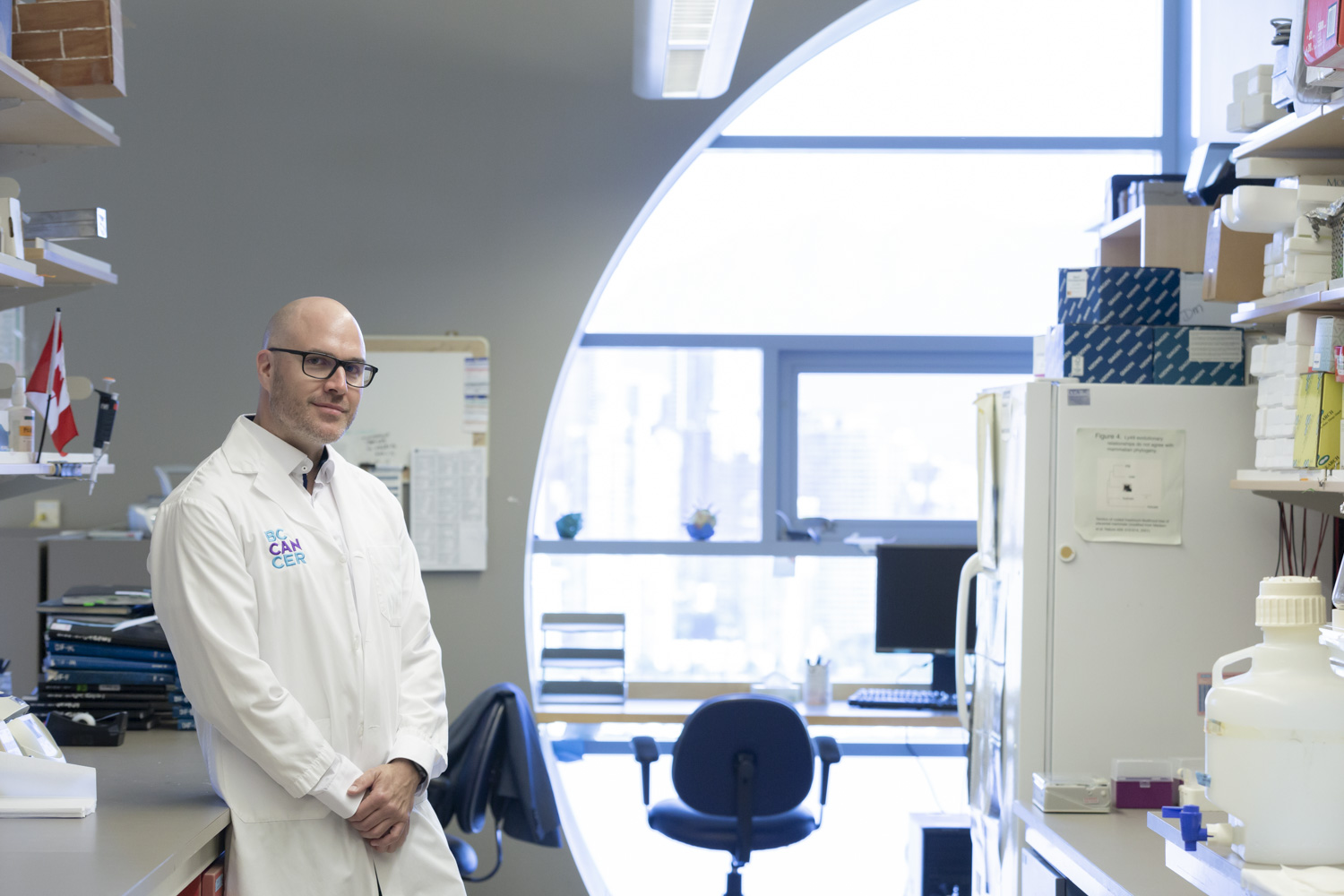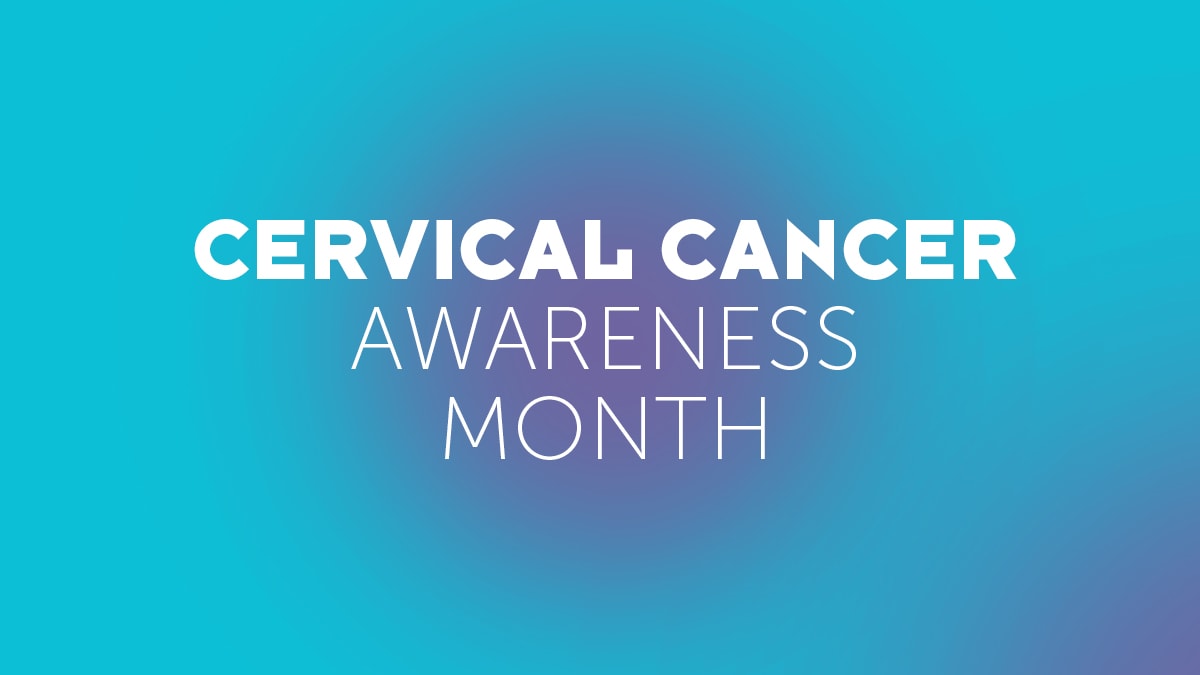When embarking on a new research project, I always ask: what is the benefit to the patient?
Understanding the patient perspective provides tremendous insight into what we need to research. As a clinician-scientist that attends to patients regularly, I believe one of the advantages I bring to the lab is that I understand intimately where people affected by cancer are coming from.
This allows us to consider what we need to do in order to not only improve outcomes, but enhance quality of life for those facing these diseases.
Bringing world-class research into the clinic
For example, let’s say we have a patient who was diagnosed with chronic myeloid or lymphocytic leukemia. Thanks to research that had been done in the past, their prognosis has much improved.

But what we need to consider is: how are they coping with this disease? How is it affecting their life in other ways that are less than optimal?
While the disease is no longer deadly, treatments for acute leukemias haven’t advanced much over the past several decades. It’s my hope that we can change that.
Although many of these treatments, while effective, remain quite toxic, affecting the patient’s quality of life in adverse ways.
They might become lethargic, unable to work or create families, for example.
When considering new avenues for research, we need to consider: how do we move the dial forward in a way that addresses these issues for patients?
My vision for the future of blood cancer research
Based on what we’re seeing in patients, one of my goals at BC Cancer is to launch a unique translational research program, bringing the current efforts of the Leukemia and Bone Marrow Transplant Program together with the state-of-the-art research taking place at BC Cancer’s Terry Fox Laboratory.
The newly founded LaMP (Leukemia and Myeloma Program) initiative at the Terry Fox Laboratory is determined to create a unique bridge between research and the clinic, allowing us to bring that groundbreaking research to the bedside of each patient.
Through this program, we are hoping explore a number of things to enhance treatment for patients.
We also aim to improve stem cell transplantation, a complicated procedure, which heavily impacts the lives of patients. Our research will allow us to reduce patients’ recovery period following the procedure – currently a major hurdle in the treatment process for them.
Building on a track record of expertise and successes in leukemia research, we are extending our research to impact patients diagnosed with multiple myeloma, a less well researched but equally devastating disease for many BC patients. This research focus, the first of its kind in British Columbia, will make it possible to translate insights derived from preclinical models and attract investment by pharmaceutical companies for patient trials that can be clinically organized.
Philanthropy plays a vital part in progressing treatment
There are many experiences I’ve had throughout my career as a clinician-scientist that underscores the importance of philanthropy and the role it plays to help develop new treatments.

I often say working in this field can be a sad business: misery and success are very close to each other and sometimes the slightest change in course can decide which of the two it will be for a patient.
I’ve had a couple of intense emotional encounters with patients where I’ve had to convey bad news, and it can be devastating. It’s these experiences that shape my outlook on research and drive home the importance of raising the bar for care – something that donors are instrumental in helping achieve.
At the end of the day, science has a very fast turn over. Ten years from now, scientific results will be outdated and new technology emerged.
But what matters is the people that we can inspire – both inside the lab and out.
Within our lab, my hope is that we can inspire other scientists to build on the knowledge we will develop to improve more outcomes. And additional investments from donors to help us get there are much-needed.
This month at the BC Cancer Foundation’s annual Inspiration Gala, donors from around the province are coming together to support this critical work. I’m excited to see the impact of the Foundation’s generous community on cancer research and care for families in B.C.
Thank you for tuning into my blog this month.
Until next time,
Florian


